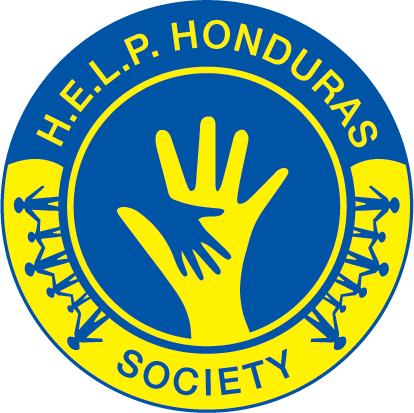The program began in and around Tegucigalpa, and consists of a 9-module course plan on how to successfully operate a micro enterprise, including goal setting, financial literacy, marketing and management of time and resources. Women are taught how to apply for and manage micro-loans. The program provides training in a number of vocational skills such as baking, crafts, preparation of fragrances, beauty shop, barbering and others.
It empowers the participants to take charge of and improve their personal and community situations. A new module introduced in 2019 has introduced the subject of family violence, which is a huge problem among the poor in Honduras.
Some of the participants are illiterate, but educational materials allow for this. Some of the mothers cannot leave their children to come to class, so child care is provided.
Each year we interview a small group of the women who have completed training, and ask them how they have benefited. Apart from increased income, these are some of the things they tell us:
- They all say the most important thing they have learned is how to budget, manage and save their money.
- They have learned to separate their business and personal finances.
- They have shared their knowledge with their families and involved them in their businesses.
- Relationships at home are more harmonious and everyone is happier.
- They have learned the value of education and encourage their kids to stay in school.
- Some have gained the courage and financial ability to leave abusive relationships.
- Many say they have learned to love themselves, and no longer feel humiliated.
To the end of 2021, 1500 women have been trained. Pre-pandemic, the average increase in their annual income is $450 US. The pandemic has taken its toll, with markets being closed and families being quarantined. However, training continued on-line, and clients have been trained and encouraged to update their businesses to survive the pandemic.
History – The Rotary Foundation used to provide grants for school supplies for children. In 2011 they told us they would be phasing out this program over five years, as they wanted us to be more sustainable.
Rotarians and the staff at AyO put their heads together and developed this business education and skills development program for the mothers of these children. The Rotary Foundation funded it, and upon graduation, mothers were expected to start paying the costs for at least one of their children in school. This program was so successful, that over the years, the number of children we support went from 2,000 to 500, and almost all of the 1500 children we no longer sponsor stayed in school.
Fast forward 10 years, and the Rotary Foundation is still supporting this program and it is being expanded to new communities around Tegucigalpa.
